4 American presidents who won popular votes but lost election like Hillary Clinton
Using the Nigerian elections as an example, once you get the most votes nationally, then you are the winner of the election. However, this is the major difference between the US elections and that of Nigeria.
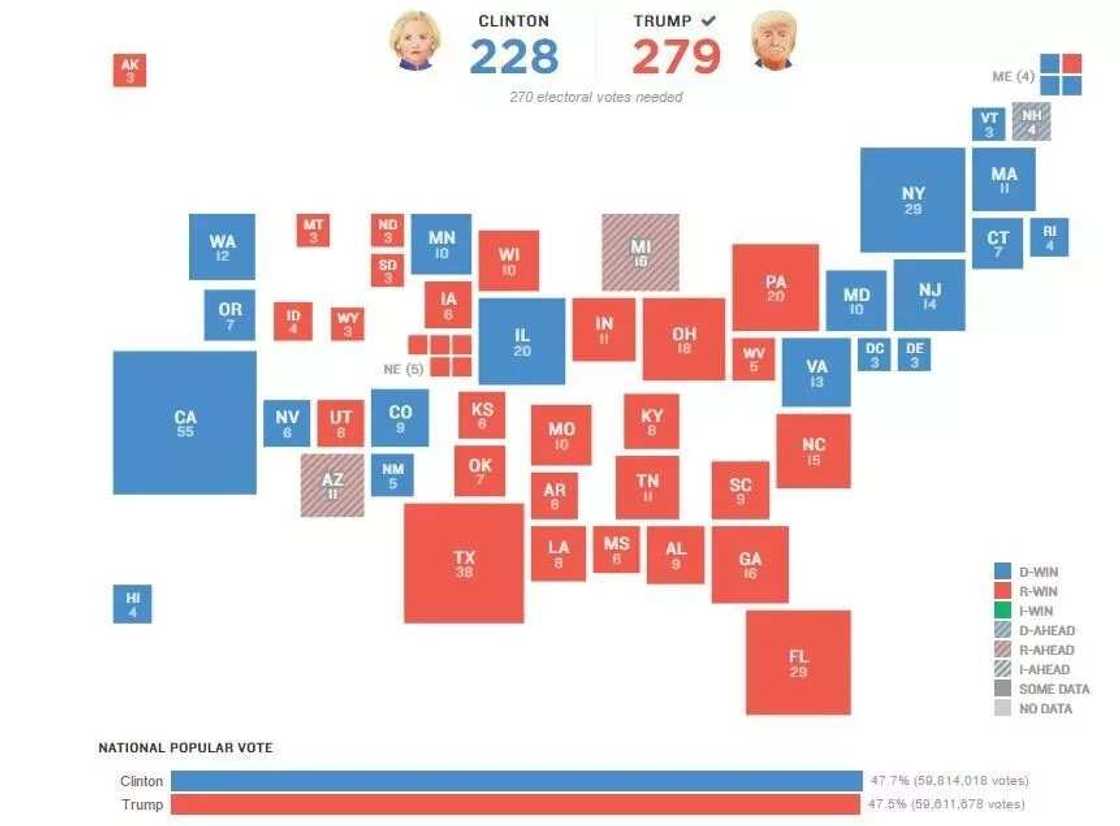
As of 2 pm Eastern Time, Clinton had amassed 59,626,052 votes nationally, to Trump's 59,427,652 — a margin of 198,400, she had more votes than him, but he won the election, because he won more electoral colleges than she did, which is the way elections are counted in the US.
How many times has this happened before? Let us take a look:
1. Andrew Jackson (1824)
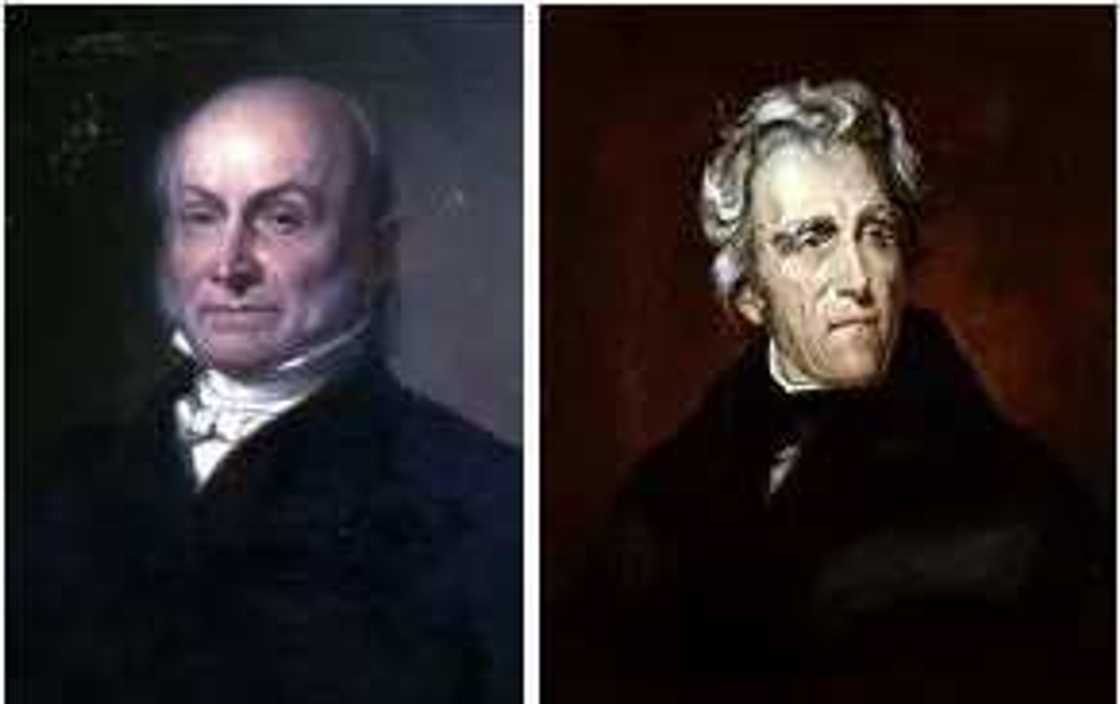
Andrew Jackson lost the election of 1824 because, though he received a majority of the popular and electoral votes, his margin was not great enough for a win, and the constitution directed that the election had to be decided by Congress.
Henry Clay, one of the candidates, gave his support to John Quincy Adams, another candidate, and Adams won the Congressional vote.
Adams had a secret meeting with Clay, obtained Clay's support and won the election. Afterwards, he appointed Henry Clay as his secretary of state. Andrew Jackson was furious and condemned the election and its results as "the corrupt bargain."
READ ALSO: 8 powerful quotes from Hillary Clinton’s speech after losing presidential election to Trump
2. Samuel Tilden (1876)
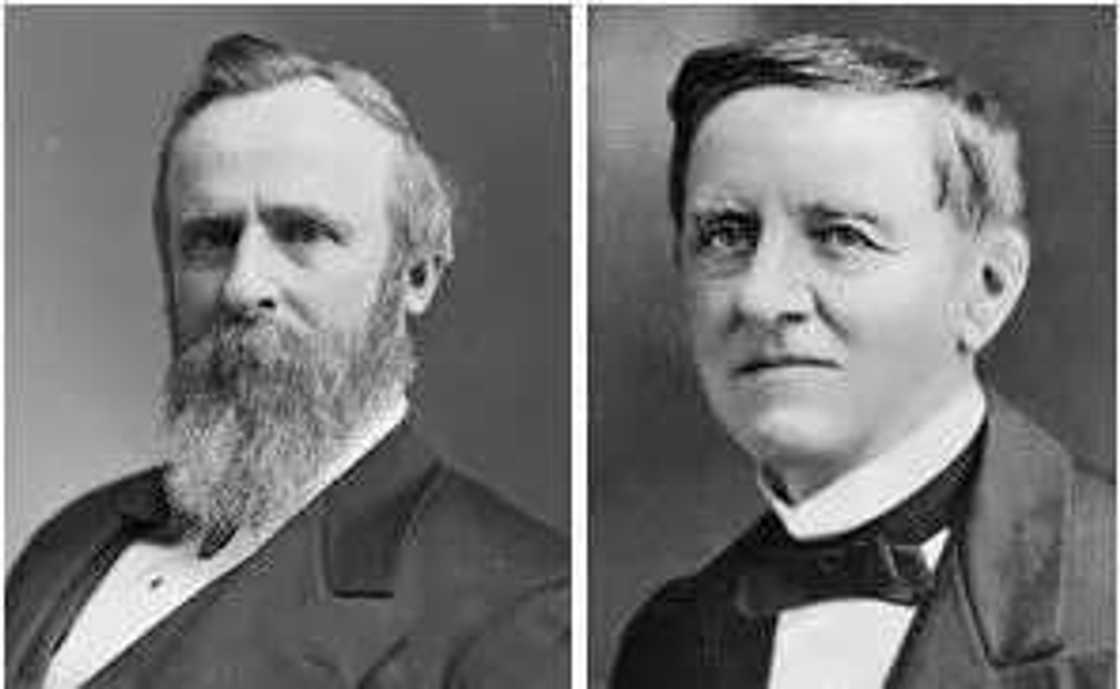
The United States presidential election of 1876 was held on Tuesday, November 7, 1876 and it turned out to be one of the most contentious and controversial presidential elections in American history.
The results of the election remain among the most disputed ever, because Samuel J. Tilden of New York outpolled Ohio's Rutherford B. Hayes in the popular vote. After a first count of votes, Tilden won 184 electoral votes to Hayes's 165, with 20 votes unresolved.
An informal deal was struck to resolve the dispute: the Compromise of 1877, which awarded all 20 electoral votes to Hayes. So with 185 electoral votes Hayes was declared winner.
3. Grover Cleveland (1888)
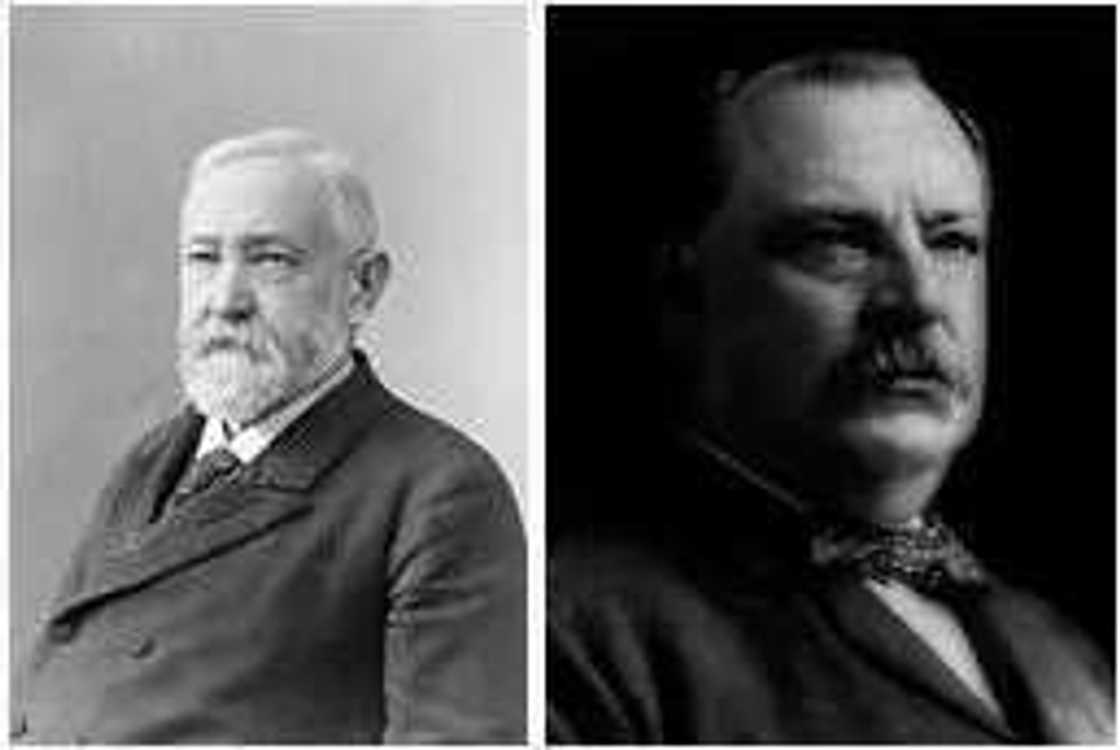
The US presidential election of 1888 was the 26th quadrennial presidential election, held on Tuesday, November 6, 1888.
Grover Cleveland was the incumbent president and a Democrat, and he was trying to secure a second term against the Republican nominee Benjamin Harrison, a former U.S. Senator from Indiana.
Cleveland lost re-election in the Electoral College, even though he won a plurality of the popular vote by a narrow margin. Cleveland had 5,443,892 votes, while Harrison had 5,534,488, but Harrison carried 20 states (electoral colleges), while Cleveland carried 18.
READ ALSO: 4 ways Donald Trump is richer than President Muhammadu Buhari
4. Al Gore (2000)
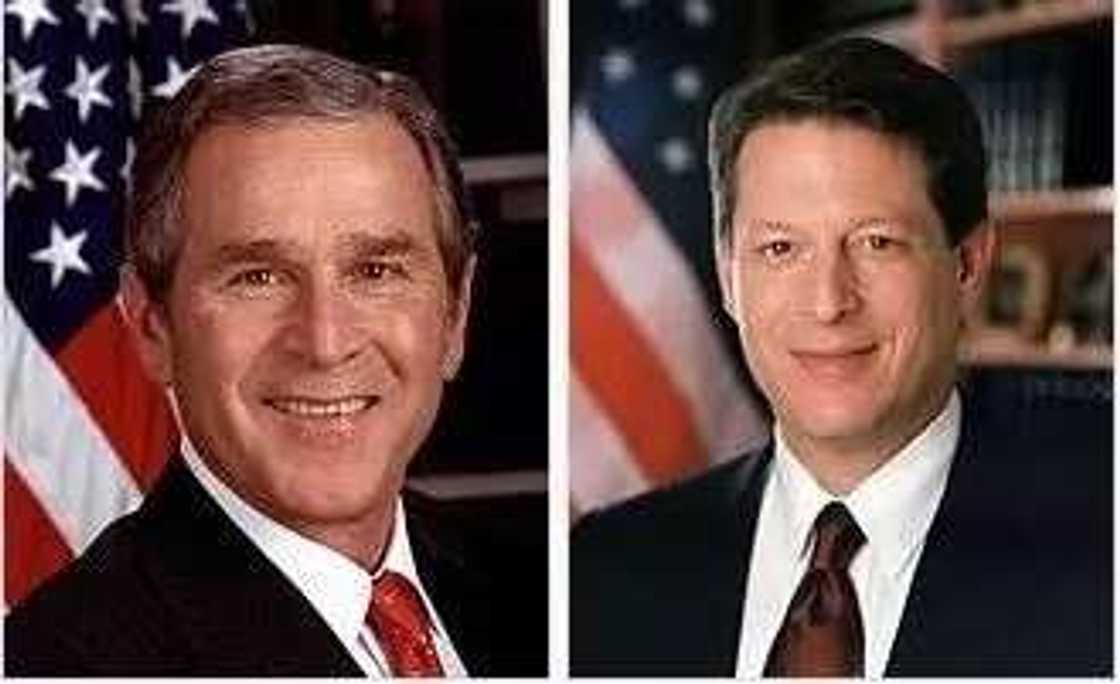
The United States presidential election of 2000 was the 54th quadrennial presidential election. It was held on Tuesday, November 7, 2000.
The election was a close contest between Republican candidate George W. Bush and Democratic candidate Al Gore, the incumbent vice president and son of career politician Albert Gore, Sr.
In the end, Al Gore had 50,999,897 votes, larger than Bush's 50,456,002, yet Bush carried 30 electoral colleges, while Al Gore carried 20 and therefore he lost the election to Bush.
The above examples show that most times the winner of the presidential election does not always represent the true will of the people.
Source: Legit.ng


